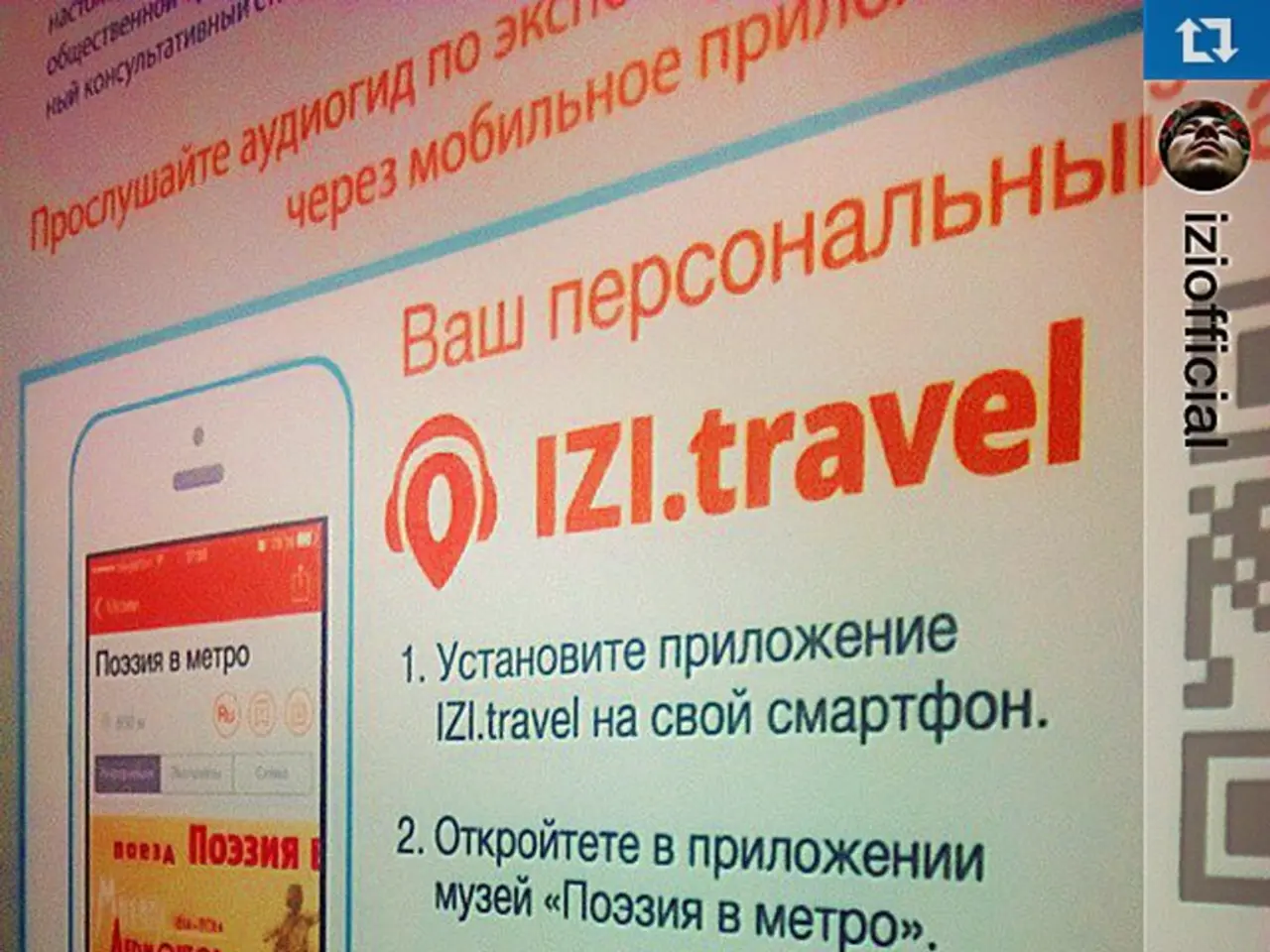Shifting the Vacation Time Policy in Advertising Sector: Anticipation for an Improved Norm
In the summer of 2020, a study was conducted on the vacation habits of American workers during the ongoing Coronavirus pandemic. The survey involved over 2,000 individuals across various industries and occupations in the United States.
The study revealed an overwhelming majority of Americans had either canceled, postponed, or shortened their vacation plans due to the pandemic. This trend further highlighted the issue of Americans not taking sufficient time off, a problem that has long been a topic of discussion, particularly when compared to vacation practices in other countries.
The U.S. is known for having poor practices in providing paid leave compared to many developed nations. Richard Branson, the renowned entrepreneur, has even criticized U.S. vacation policies, deeming them "something of a disgrace."
Despite the importance of vacations, some Americans still hesitate to take full advantage of their vacation days due to work demands or economic concerns. Employees often cite guilt, employer pressure, and trouble unplugging as reasons for not taking vacations.
The study did not delve into the reasons Americans altered their vacation plans, but these factors are commonly cited. The COVID-19 pandemic has only exacerbated these issues, as remote work and flexible schedules have become more prevalent, making it easier for employees to work during their time off.
As of 2025, trends show a shift in American vacation habits. Americans are favouring short, last-minute domestic getaways over longer trips, with many opting for long weekends and destinations that offer digital detox and wellness. The rise of "bleisure" travel, where business trips are extended for leisure, reflects a stronger desire to maximize time off and blend work-life balance.
However, economic concerns and work demands continue to deter some Americans from taking full advantage of their vacation days. A majority of Americans continue to travel domestically, with only a minority making international trips compared to pre-pandemic levels.
Compared to other countries, U.S. workers receive less statutory paid vacation. While many European countries guarantee 20+ paid vacation days annually, the U.S. has no federal mandate, and companies vary widely in their offerings. As a result, Americans tend to take fewer vacation days and report working through vacation more often.
In summary, American vacation policies remain less generous than those in many countries, but changing work environments due to the pandemic have fostered trends like bleisure and wellness travel. Americans favour shorter, domestic trips, often with family or partners, while international travel interest remains subdued compared to pre-pandemic levels. Compared globally, U.S. vacation behaviour contrasts with more extensive and longer vacation habits seen in Europe and elsewhere.
- To address the issue of American workers not taking sufficient time off, there might be a need for science-based strategies in the workplace-wellness sector to promote health-and-wellness, including financial incentives for business owners to offer more paid vacation.
- The shift in American vacation habits towards short, wellness-focused domestic getaways, as seen in the trends by 2025, can be interpreted as an adaptation within the finance and business landscape, aiming to optimize time off while still meeting economic constraints.




